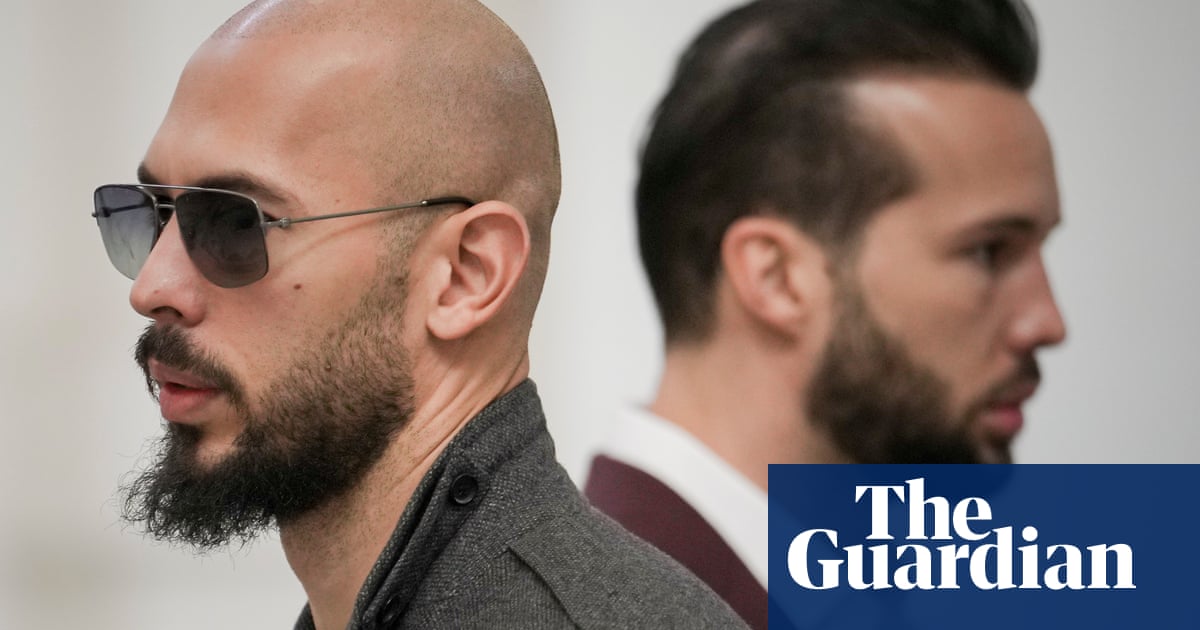Teachers describe a deterioration in behaviour and attitudes that has proved to be fertile terrain for misogynistic influencers
“As soon as I mention feminism, you can feel the shift in the room; they’re shuffling in their seats.” Mike Nicholson holds workshops with teenage boys about the challenges of impending manhood. Standing up for the sisterhood, it seems, is the last thing on their minds.
When Nicholson says he is a feminist himself, “I can see them look at me, like, ‘I used to like you.’”
Once Nicholson, whose programme is called Progressive Masculinity, unpacks the fact that feminism means equal rights and opportunities for women, many of the boys with whom he works are won over.
“A lot of it is bred from misunderstanding and how the word is smeared,” he says.
But he is battling against what he calls a “dominance-based model” of masculinity. “These old-fashioned, regressive ideas are having a renaissance, through your masculinity influencers – your grifters, like Andrew Tate.”



I’ve talked to academic feminists about this and their reaction was pretty much “there were good reasons to chose those terms, doing it this way makes sense in the overall theoretical framework, it’s an academic term and not for general use, academic terms always get misunderstood that’s not a thing limited to feminism”. When asked whether, as an academic subject having its own political movement, and being, in the wider sense, sociologists, they shouldn’t at least study the societal implications of their terminology: Crickets.
And I can’t really blame them. The ones I talked with about this definitely have their heart in the right place, acknowledged all the issues but truth be told if one of them goes against those established terms which are oh so useful equivocations for many a catty bitch they’ll get skinned alive by exactly those catty bitches.